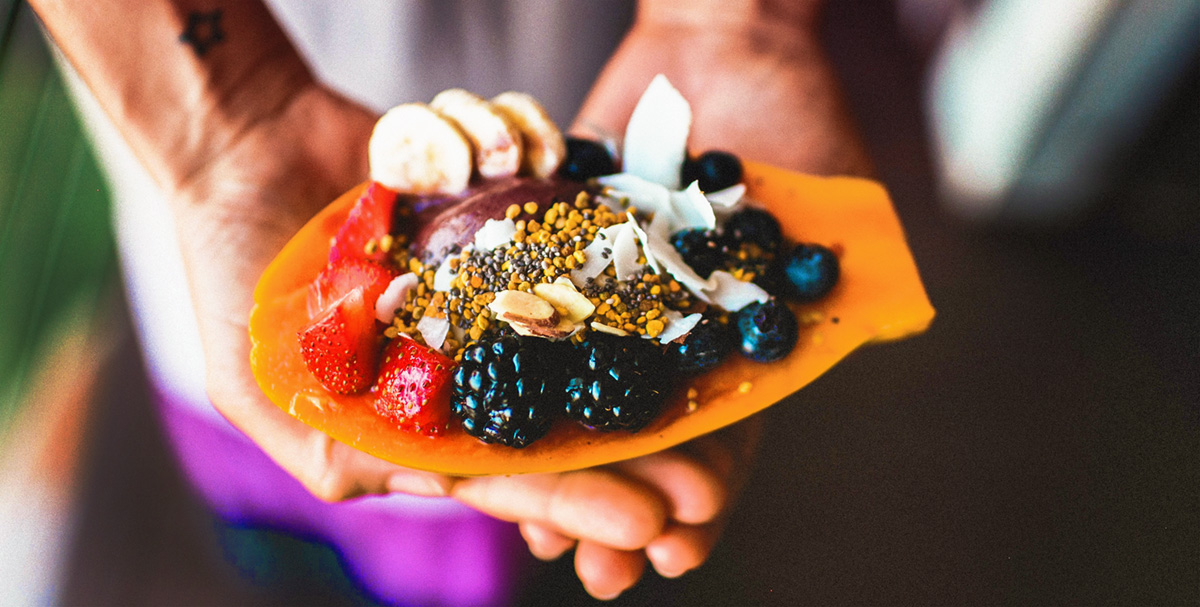
What’s the greatest deadly health threat from which all of us without exception are at risk – and for which there is NO PERMANENT CURE?
We’re talking about advancing age, a health hazard that touches us all, irreversibly.
The best that we can hope for is to accept it calmly and try to get through it as gracefully and safely as possible.
A big problem is, nowadays it’s not as easy as in earlier times when our food supply was pure and natural, and when we all got lots of sunlight and exercise.

As age-related mental and emotional health threats increasingly loom in our lives, a growing body of research is assessing foods that can help our brains stay healthy.
Of course, modern research is weighted heavily toward pharmaceuticals. Topping the list of newly devised medications are anti-inflammatories to treat degenerative neurologic conditions such as Alzheimers.
While many new nootropics drugs to boost mental sharpness and other substances are hitting the drugstore shelves, let us not forget the many readily available brain-enhancing foods that we can find in the organic produce section of our local market.
Here are some foods that we can easily add to our daily diet, and that will enhance our brain performance and help forestall the unwelcome effects of ageing.
Omega 3 fatty acids. As you’re probably aware, these are abundant in fatty fish such as salmon, herring, mackerel, black cod, and halibut.
Vegetarian sources include algae, hempseed, flaxseed, chia seeds, and walnuts.
Fish sources contain the active constituents EPA and DHA, while the omega 3 in flax and other seeds needs to be converted by the body into these substances – something the body doesn’t do as well as we age. DHA enhances memory, and EPA and DHA together are anti-inflammatory and help alleviate anxiety and depression.
Turmeric’s anti-inflammatory effects are well known. But did you know that turmeric has also been shown to benefit mood and memory?
Turmeric promotes BDNF (bone-derived neurotrophic factor), a neurotransmitter modulator that stimulates neuroplasticity (the brain’s ability to create new cells and neural connections).
Curcumin, the active constituent in turmeric, is known to decrease beta amyloid plaques that collect between brain neurons and interrupt brain cell function. A powerful antioxidant, curcumin helps improve memory in Alzheimers patients.
Check YouTube for yummy Golden Milk turmeric recipes, and consider adding turmeric in your cooking.
Berries of all kinds contain antioxidants that protect brain cells from free radical damage They also improve communication between brain cells.
Of the berries, blueberries have received the highest praise for lowering the risk of dementia and age-related memory loss, and for improving mental focus.
Though not a berry, pomegranate juice also deserves mention, as it’s known to decrease the excess beta amyloid found in Alzheimers patients (and that can also interfere with normal brain function).
Caffeine blocks a brain substance called adenosine that makes us sleepy. But beyond enhancing alertness, studies have linked coffee to reduced cognitive decline and increased capacity for information processing.
While coffee may be agitating for some, green tea offers a more calming alternative with similar benefits, plus enhanced anti-inflammatory activity.
Mushrooms of all kinds are known to improve memory and protect the brain from neurodegeneration. Lion’s Mane mushroom tops the list of shrooms that stimulate brain cell growth. You can add powdered Lion’s Mane mushroom to foods, tea, or coffee. Check the Fullscript catalog of Lion’s Mane products. Favorite options are Four Sigmatic’s Lion’s Mane mushroom Elixir and Matcha Latte with Lion’s Mane.

Last – but certainly not least on our list of favorite brain protectors is chocolate! The cacao flavonoids in chocolate enhance memory and thinking processes and promote neuronal and blood vessel growth.
In addition – and not surprisingly! – chocolate contains anandamide, an endocannabinoid called the “bliss molecule” because it promotes happy feelings.
We’re talking dark chocolate here. Hint: the Lily’s line of chocolate products includes many varieties of stevia-sweetened dark chocolate, so no worries about sugar or dairy.
Adding these and other brain-healthy foods such as broccoli, leafy greens, walnuts and pumpkin seeds to your diet can powerfully impact your continued sense of mental and emotional well-being, while protecting your brain.
For information about the services we offer at Pacific Naturopathic, please give us a call at 650-961-1660, use the convenient Contact Form to get in touch, or follow the link to: Consultations – Pacific Naturopathic. Thank you!
